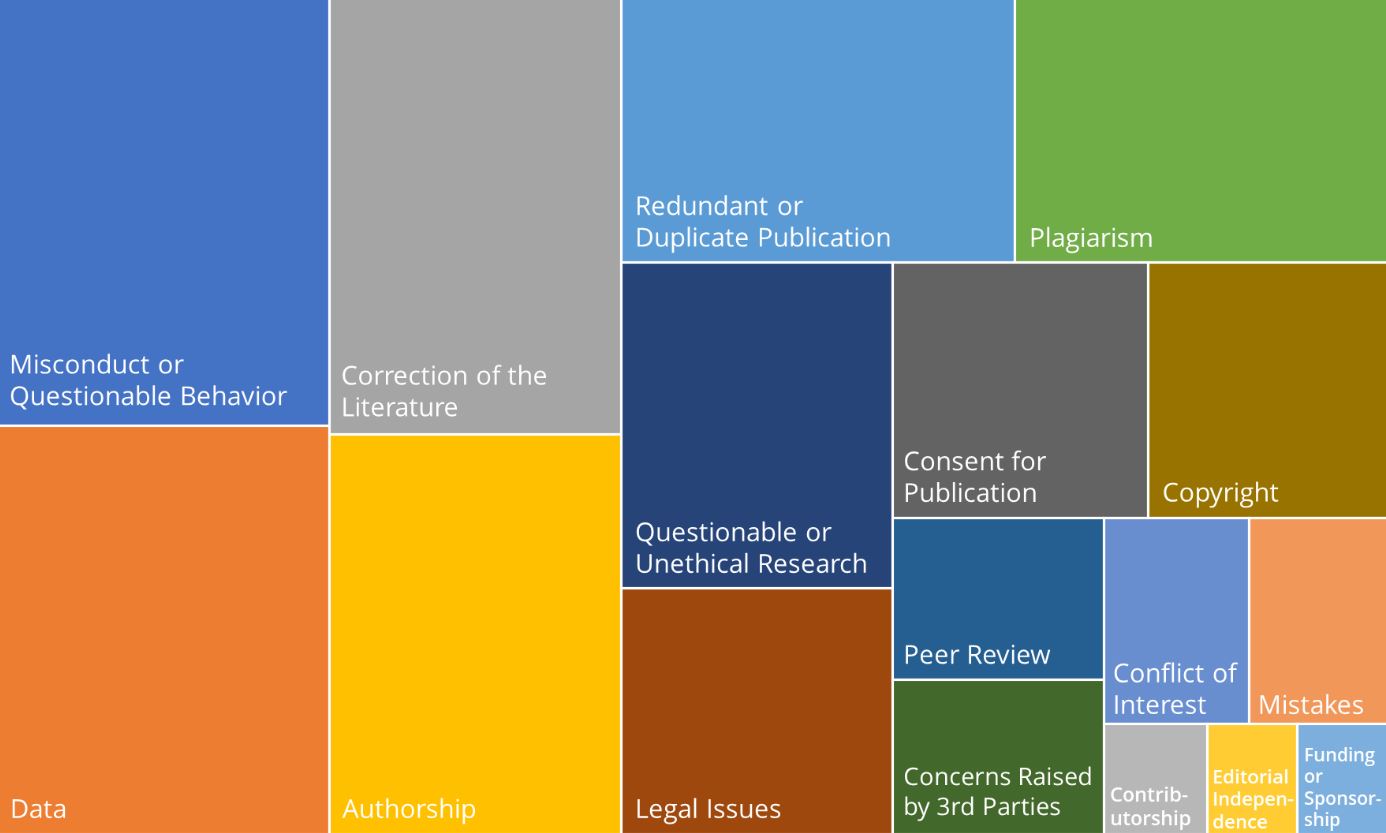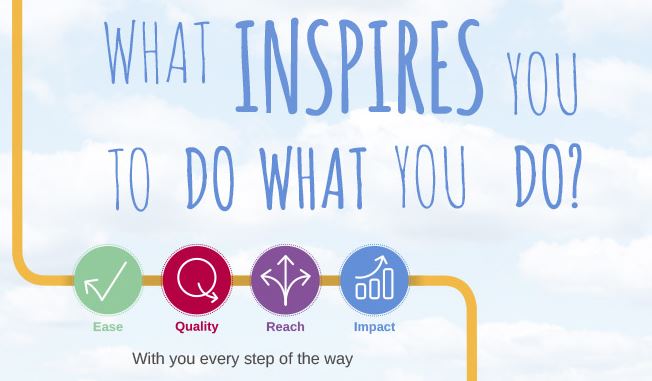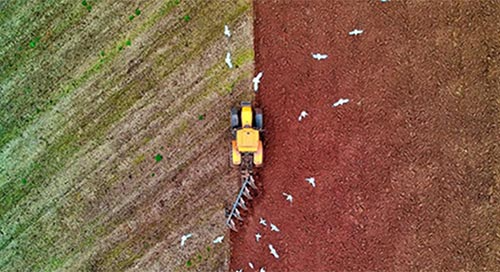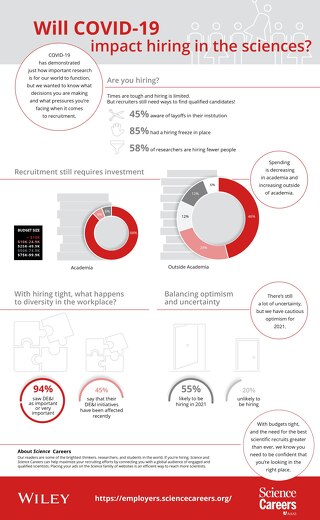doing-whats-right-trust-and-accountability-in-peer-review
September 21, 2020
To adapt a quote, when we inevitably find problems or make mistakes, being accountable means that we need to look those challenges dead in the eye, give them a wink (thank you, Gina Carey) and deal with them. When we’re working at our best, this willingness to face and fix our mistakes is how Wiley delivers its commitments to quality and integrity. We give advice to our journal editors, respond to concerns from third parties, conduct investigations into concerns when they’re needed, and we work with COPE (Committee on Publication Ethics), institutions, and other groups of committed people and experts when collective action is helpful.
This year’s Peer Review Week theme, Trust in Peer Review, shines a light on ethics and transparency in the publishing process. In 2020, scholarly and scientific research has fallen under increased scrutiny for multiple valid reasons. There have been high-profile incidents where research articles have perpetuated harmful stereotypes, including in journals published by Wiley. In other cases, there has been increased media attention when published research related to COVID-19 has been unable to be replicated or even where it has been found to be fraudulent. These incidents shake the public’s trust in research and peer review. In all cases, we as publishers need to rectify these mistakes and safeguard against them for the future.
To tackle issues like these at Wiley, we lean on contributions from more than 30 people, across diverse teams, who form the Wiley Integrity in Publishing Group. While many concerns we help with are relatively small, occasionally we tackle larger cases that receive attention from the media, deservedly so; for example, concerns about prejudice and bias or about participant consent and research ethics. These are challenging, uncomfortable, and important experiences for each of us. We managed (and in some cases, continue to manage) about 20 of these more extreme issues in the last year. In these cases, we take care to reach the best possible outcome as quickly as possible, while seeking input from experts and following COPE guidelines.
Though they are often lower profile, we also respond to complaints that we receive, which can result in complex investigations, either spurred by an outside request or initiated ourselves. One example would be recent concerns about possible papermills, where COPE guidelines and good practice demand reasonable attempts to contact the authors of every implicated paper before journal editors can come to a final decision. Another example in that same category, although at a reduced scale, would be concerns we’re managing about fake services from companies that appear to be selling publication in journals (sometimes related to fake conferences).
The majority of our work on research integrity, though, is not what we would call extreme. Most of our work is giving advice to our colleagues (publishers and journal editors) about the issues they’re handling (see figure below). In the last year, Wiley’s Integrity in Publishing Group has seen requests for help increase to a little over 400 instances. For context, Wiley journals published more than 200,000 articles in 2019 and received many more submitted manuscripts. The help we give includes advice about retractions and their approval. We approved 175 retractions for publication in the most recent 12 months, and we publish retractions for fewer than 0.1% of the articles we publish in any year. Our retraction rates are similar to those at other leading research publishers.

Distribution of requests for advice per type of inquiry, using an adapted version of the COPE taxonomy at https://bit.ly/3maegW3
If retractions and similar interventions represent a cure, then we’re also working on prevention. At Wiley, we’re improving how our review and publishing processes actively drive diversity, equity, and inclusivity. We’re preventing (or more likely, mitigating) some of the problems likely associated with possible papermills by implementing image screening at scale. We support integrity in research publishing with the world’s most comprehensive guidance on research integrity and publishing ethics for our editors, now in its third edition. We’re showing how journals make their decisions and conduct peer review by adding transparency in new, scalable ways. We’re supporting researchers who themselves adopt transparency and open research practices, including with policies and information that enable FAIR data sharing and with more open access publishing than ever before.
We’re proud to be part of all this progressive work, to be leaning in, and to be taking a lead when we can. If we judge our friends by how they show up in bad weather (thanks, Winston Churchill, for those final few borrowed words) then our job is to make sure, whenever there’s bad weather, that Wiley is a good friend for researchers. We will continue to look the awkward challenges we face dead in the eye and deal with them, even when they’re challenging and controversial.










